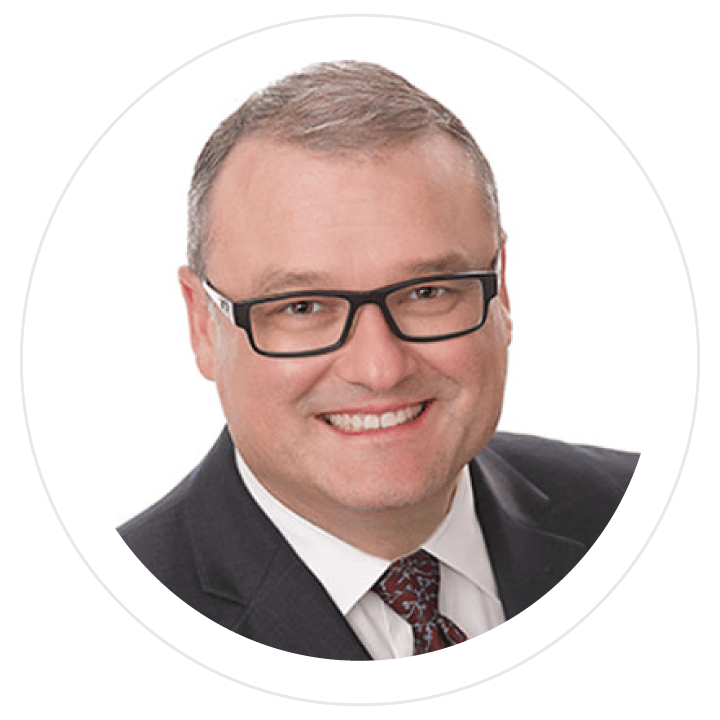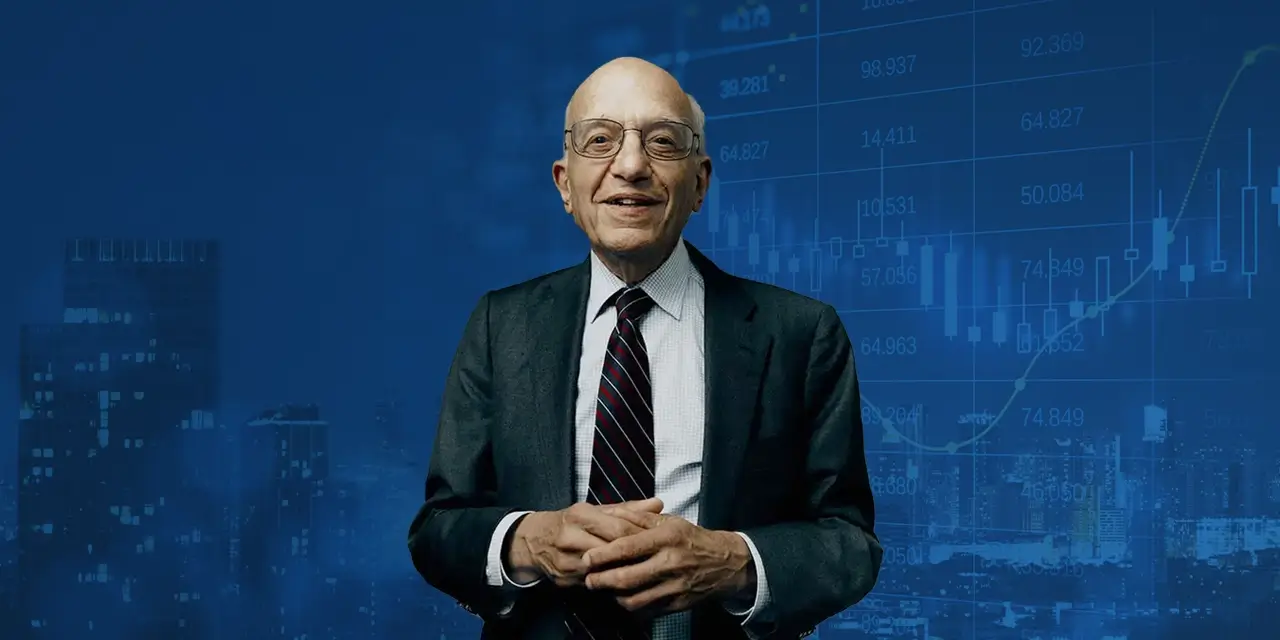By Harvest Portfolios Group
 |
Paul MacDonald, CFAChief Investment Officer |
Pandemic restrictions and fear of travel have weighed heavily on the tourism industry over the past year, but as vaccinations pick up, conditions are rapidly changing.
People are feeling better and starting to travel more. In a sign of the times, U.S. airports saw their best day in a year on March 12, 2021, as just over 1.35 million travelers checked in at airports. That’s a strong recovery from the pandemic low was 87,534 passengers on April 14, 2020, according to U.S. Transportation Safety Administration figures.
Even so, U.S. air traffic volume is still nearly half of what it would normally be this time of year. This suggests there is plenty of room for growth in travel and tourism, says Paul MacDonald, Chief Investment Officer at Harvest Portfolios Group.
“Travel is something that we’ve all taken for granted,” says Mr. MacDonald. “There’s no industry that has been beaten up as much as it has, but the flip side is we expect it to be among the greatest beneficiaries of reopening.”
In fact, Booking Holdings Inc. CEO Glenn Glen Fogel said as much recently. He said demand is starting to pick up at his company’s web sites and suggested travelers make bookings sooner rather than later. He sees prices rising and availability becomes limited as summer approaches. Booking Holdings Inc. operates such online sites as Booking.com, Priceline.com, Kayak.com, Cheapflights and Rentalcars.com.
The company is one of the holdings in the Harvest Travel & Leisure Index ETF (TRVL:TSX), Canada’s first fully diversified global travel ETF. In an interview, Mr. MacDonald updated the outlook for travel and the fund. The ETF was launched in January and is designed to capture rising demand for travel in the developing world and increasing leisure in the developed. It has attracted more than $130 million since launch.
Where are we seeing travel industry recovery?
A: Booking and reservations are one. Being an optimist, by early 2022 we should see bookings for summer holidays starting to get closer to 2019 levels. Airlines too, are slowly recovering as vaccinations make people less anxious about flying.
Why are casinos and resorts leading the way?
There are a couple of reasons. Casinos have been able to shift some of their business online which has helped. They are also less dependent on international travel. As well, many people can drive to them.
What about cruise lines?
Cruise lines have been particularly affected by the pandemic and may take longer to recover. You would expect their bookings to be slow until everyone gets vaccinated. It’s probably the back half of 2022 before they start approaching 2019 levels.
But the Harvest Travel and Leisure Index ETF is well positioned when they do recover. It holds three companies that represent about 75% of the global cruise capacity – Royal Caribbean Cruises, Carnival Corp. and Norwegian Cruise Lines. All three of them are well capitalized.
What is the post-pandemic outlook for travel?
The trends in place before the Covid are still in place. Travel businesses were performing exceptionally well driven by secular shifts in demand. Baby boomers were retiring and travelling. Millennials have also joined in. This younger group is looking for experience-related travel and are comfortable using online booking sites which make travel more accessible and affordable for them.
All of that combined for very healthy returns. So, looking beyond recovery, the foundations for this sector look attractive.
Tell me about the Harvest Travel & Leisure Index ETF
The ETF is passively managed and follows the Solactive Travel & Leisure Index which tracks the 30 largest global travel-related companies by market capitalization.
The companies in the Harvest Travel & Leisure Index ETF are listed on North American exchanges. As at February 28, 2021, hotels, resorts and lodgings, make up the largest component at 31%, followed by airlines (26%), casinos and gaming (22%), booking sites (12%) and cruise lines (9%).
The index is adjusted twice a year, with no one company at more than 10 per cent. The ETF’s management fee is 0.40 per cent.
Does it pay a dividend?
No. A lot of companies have suspended their dividends, but as they resume, we can look at adding them. This ETF is focused on growth.
So, you’re optimistic about the sector?
People will begin travelling again. It is going to happen. It’s a question of when and not if.
For more on Harvest ETF products click here.













